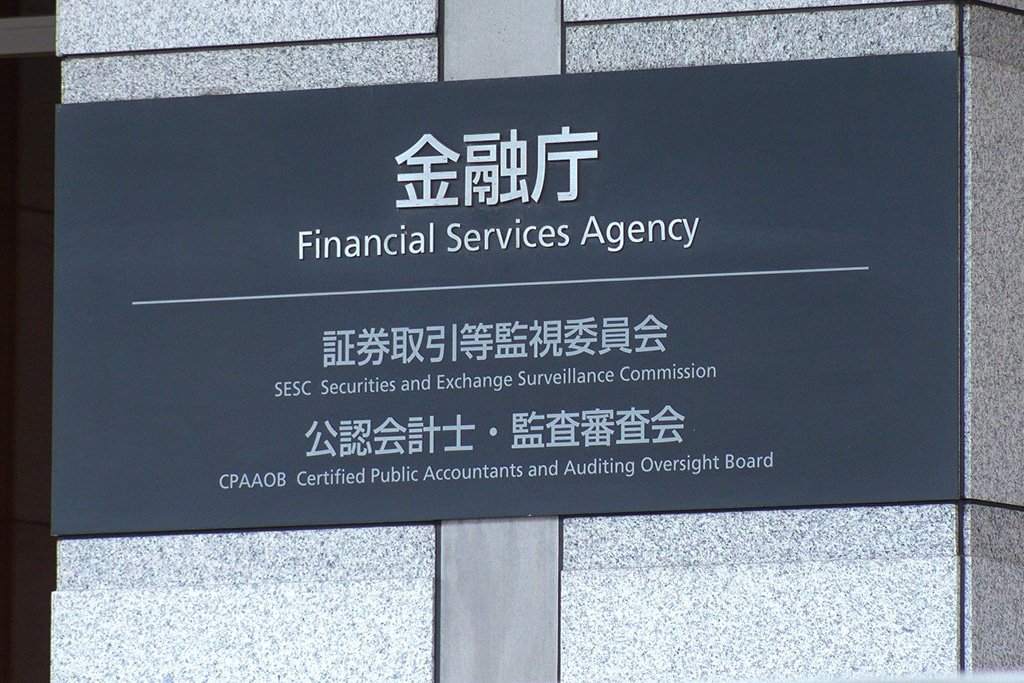
Darya is a crypto enthusiast who strongly believes in the future of blockchain. Being a hospitality professional, she is interested in finding the ways blockchain can change different industries and bring our life to a different level.
After barring crypto derivatives, Japan is currently gauging industry interest in ETFs tracking digital currencies. The Liberal Democratic Party will reportedly submit draft legislation by March 2019.

Japan’s Financial Services Agency (FSA) declined to modify domestic legislation to allow crypto derivatives, like futures and options products, in December 2018. However, the financial watchdog is quite optimistic about exchange-traded funds and is mulling over the approval for crypto ETFs in the country.
As was reported by Bloomberg, an anonymous source stated that the Financial Services Agency is currently gauging industry interest in ETFs tracking digital currencies. Last month, Japan’s financial regulator barred such instruments as Bitcoin futures or Ethereum options to avoid stoke speculation, which was a setback for investors.
The decision to not allow trading crypto derivatives on financial exchanges is a way of protection. A year ago, Japan’s Tokyo-based exchange Coincheck reported having lost $500 million worth NEM tokens overnight, which left the global cryptocurrency market in a big shock. FSA then raided Coincheck in order to “ensure the preservation of clients’ assets.”
Meanwhile, ETFs tracking could change the situation. Apart from keeping the interest of potential investors alive, it could lead to bullish outcomes for the underlying assets and bring institutional capital into the sector. On the other hand, Japanese retail investors have not publicly expressed their desires to invest in a crypto ETFs, as they have a number of alternatives in traditional markets’ stock and bond funds.
The conclusions made by FSA will serve as a backbone for a bill the Liberal Democratic Party will probably submit during the current Diet session that ends in March. The bill, which would also bring in more self-regulatory oversight of the industry and class many ICO tokens as securities, could come into law by 2020.
Earlier, FSA approved a cryptocurrency self-regulatory body. Moreover, Japan worked on ways to simplify tax filing system for cryptos.
Exchange Traded Fund (ETF) is a security that is used to track the value of a basket, a bond, a commodity, or a stock index and is tradeable on exchanges. ETFs allow mainstream traders to speculate on the crypto economy without having to personally possess digital assets.
In the U.S., some participants are planning to launch such products, however, the Securities and Exchange Commission (SEC) has not yet approved them.
Back in August, SEC issued a rejection order to nine Bitcoin ETFs that were filed by Direxion, ProShares, and GraniteShares. The two ProShares Bitcoin ETFs and the five ETF proposals from Direxion were to be listed on NYSE Arca. The remaining two ETF proposals were from GraniteShares that were set to be listed on CBOE exchange. Such a decision was made to ‘prevent fraudulent and manipulative acts and practices.’
In December, SEC postponed a decision on a product from VanEck/SolidX until February.
Whether Japan will allow bonding exchange-traded instruments with the realm of cryptocurrencies or not, we will see later. Japan may become the first nation to follow Switzerland which became home to the first such product when it listed the Amun Crypto Basket Index ETP in November.

Darya is a crypto enthusiast who strongly believes in the future of blockchain. Being a hospitality professional, she is interested in finding the ways blockchain can change different industries and bring our life to a different level.




